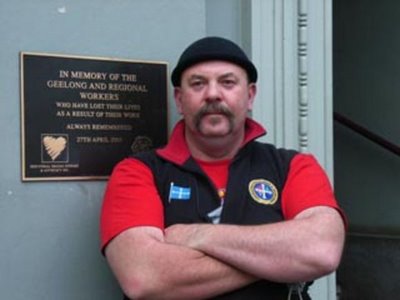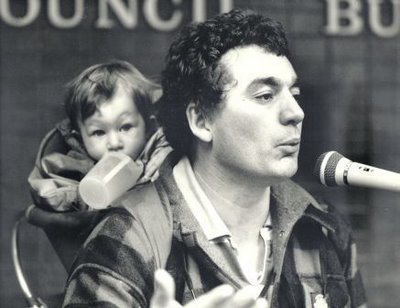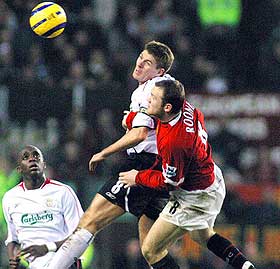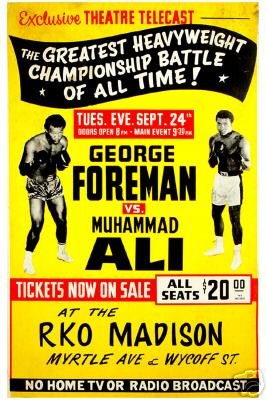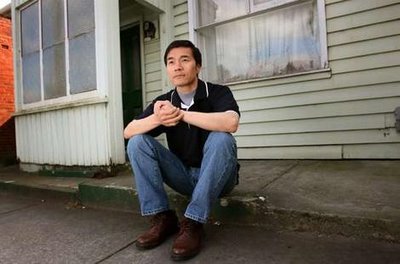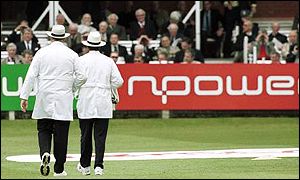
Time Magazine, 8/25/61: "Ideally, the umpire should combine the integrity of a Supreme Court judge, the physical agility of an acrobat, the endurance of Job and the imperturbability of Buddha."
Ron Bolton: "Officials are the only guys who can rob you and then get a police escort out of the stadium."
Bill Klem, umpire: "It ain't nuthin' until I call it.
Al Forman, umpire: "I occasionally get birthday cards from fans. But it's often the same message: They hope it's my last."
Bill Klem, umpire: "Your job is to umpire for the ball and not the player."
Neville Cardus: "The umpire ... is like the geyser in the bathroom; we cannot do without it, yet we notice it only when it is out of order."
Tom Canterbury: "The trouble with referees is that they just don't care which side wins."
Joe Brinkman, umpire:"They can holler at the uniform all they want, but when they holler at the man wearing the uniform, they're in trouble."
Bob Uecker: "Let's face it. Umpiring is not an easy or happy way to make a living. In the abuse they suffer, and the pay they get for it, you see an imbalance that can only be explained by their need to stay close to a game they can't resist."
Jay Leno: "I wanted to have a career in sports when I was young, but I had to give it up. I'm only six feet tall, so I couldn't play basketball. I'm only 190 pounds, so I couldn't play football. And I have 20-20 vision, so I couldn't be a referee."
Jonathan Davies: "I think you enjoy the game more if you don't know the rules. Anyway you're on the same wavelength as the referees."
Wendy Toms, the first female soccer referee to officiate in a professional game. "If the players want to make it hard for me, I am happy to make it twice as hard for them."
John Joseph 'Johnny" Evers: "My favorite umpire is a dead one."
Christy Mathewson:"Many fans look upon the umpire as sort of a necessary evil to the luxury of baseball, like the odor that follows an automobile."
Ring Lardner, on umpires: "Some of ours is so crooked that they can lay in a berth only when the train's making a curve."
Harry "Steamboat" Johnson, umpire: "Somethin' like four thousand bottles have been thrown at me in my day but only about twenty ever hit me. That does not speak very well for the accuracy of the fans' throwing."
Amos Otis, to an umpire at a night game: "Listen, ump. How can you sleep with the lights on?"
Gene Mauch, Montreal Manager, when his players rushed to dispute a call: "The first guy who lays a finger on this blind old man is fined fifty bucks!"
Dizzy Dean, on umpire William McKinley: "Why, they shot the wrong McKinley!" [McKinley was an assassinated
Unknown, from a Chicago Times editorial: "The average umpire is a worthless loafer."
Leo Durocher: "In the olden days, the umpire didn't have to take any courses in mind reading. The pitcher told you he was going to throw at you."
Scott Ostler, San Francisco Chronicle reporter, referring to baseball umpires: "...You know what happens to an umpire whose judgment is deemed badly flawed and wildly arbitrary. He gets shipped to the NBA."
Bill Shankly: "The trouble with referees is that they know the rules, but they do not know the game."
Bobby Higginson, Detroit Tigers outfielder, after being ejected from a game: "Sometimes, these guys look for ways to bait guys and throw them out of the game. I always say that umpires are probably frustrated athletes who are looking for a way to get involved in the game.
Leo Durocher: "I never questioned the integrity of an umpire. Their eyesight, yes."
Leo Durocher: "There are only five things you can do in baseball - run, throw, catch, hit, and hit with power."
Leo Durocher: "You argue with the umpire because there is nothing else you can do about it."









